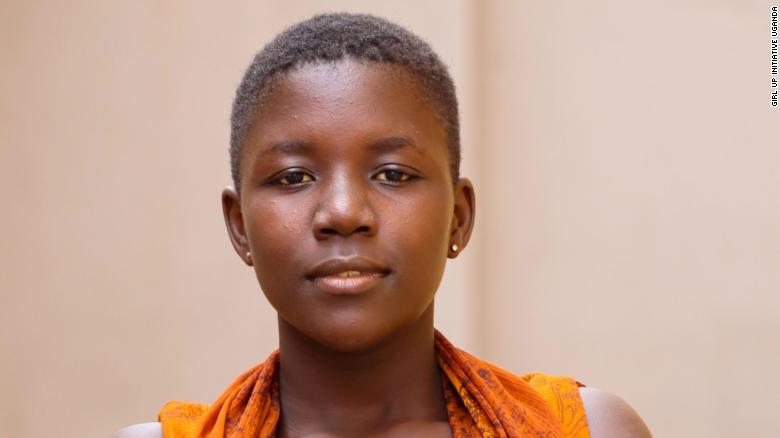
Today should have been a school day for 15-year-old Fortunate Ayomirwoth. But for the past five months, her school has been closed. Fortunate now spends her days at home in a small suburb of Kampala, Uganda, doing chores, caring for her four younger siblings, and hoping there will be enough food to eat. Since her mother lost her job, money has been tight — and for Fortunate, her window of opportunity feels like it, too, is getting tighter.
“I miss school,” she says. “I miss my friends and my teachers. Sometimes I want to read at night when I’m free, but we have no electricity at home, and I cannot keep the candle burning throughout the night.”
Around the world, life is often more difficult for adolescent girls. During a pandemic, it can be downright dangerous. We know from past crises, like the 2014 Ebola outbreak, that adolescent girls in low and middle-income countries are particularly at risk of being overlooked and left behind.
Even before Covid-19 struck, more than 98 million adolescent girls worldwide were not in school, according to UNESCO. Now, due to ripple effects from the pandemic, the Malala Fund predicts an additional 20 million girls of secondary school age could remain out of school — not just this year, but possibly forever.
It’s not only girls’ education that’s at risk. It’s their safety and security, too. During a crisis like this one, adolescent girls face a heightened threat of physical and sexual violence, early and forced marriage, and unintended pregnancy on top of sustained economic hardship. For all these reasons, even a temporary disruption to girls’ education could have devastating long-term impacts. Unless we act, the pandemic could trap a generation of girls in a cycle of poverty — and shortchange the world of the talents and ideas these girls have to offer.
How girls around the world are educated
We believe that government, philanthropic and grassroots leaders around the world must prioritize adolescent girls in any pandemic response. History tells us that when we neglect the education and wellbeing of girls, we all suffer. Data shows it, too. Because when girls are given the chance to learn and thrive, poverty drops, economies grow, families get stronger and babies are born healthier. The world, by every measure, gets better. So as we continue to work together to solve the challenges posed by Covid-19, we must take strong action to make sure girls everywhere have a chance to learn, to stay healthy and to stay safe — not just for their sake, but for all of ours.
To keep girls learning
Even if schools remain physically closed, girls — and all young people — deserve proper resources to continue their education. To that end, we’ve seen remarkable progress across the Girls Opportunity Alliance, a network of grassroots leaders dedicated to empowering adolescent girls through education. Organizations like the Sacred Valley Project in Peru and Kakenya’s Dream in Kenya have developed innovative solutions to this issue, such as delivering lanterns, printed materials and radios to help girls learn by broadcast. Physically Active Youth in Namibia has offered virtual classes and brought worksheets to girls without internet access to ensure that they too can continue to learn from home.
Once it’s safe for schools to physically reopen, countries should work to get as many girls back in the classroom as possible. When household budgets are strained, families often decide that educating their daughters is an expense they can no longer afford, so governments need to find ways to ease the economic impacts of the crisis.


